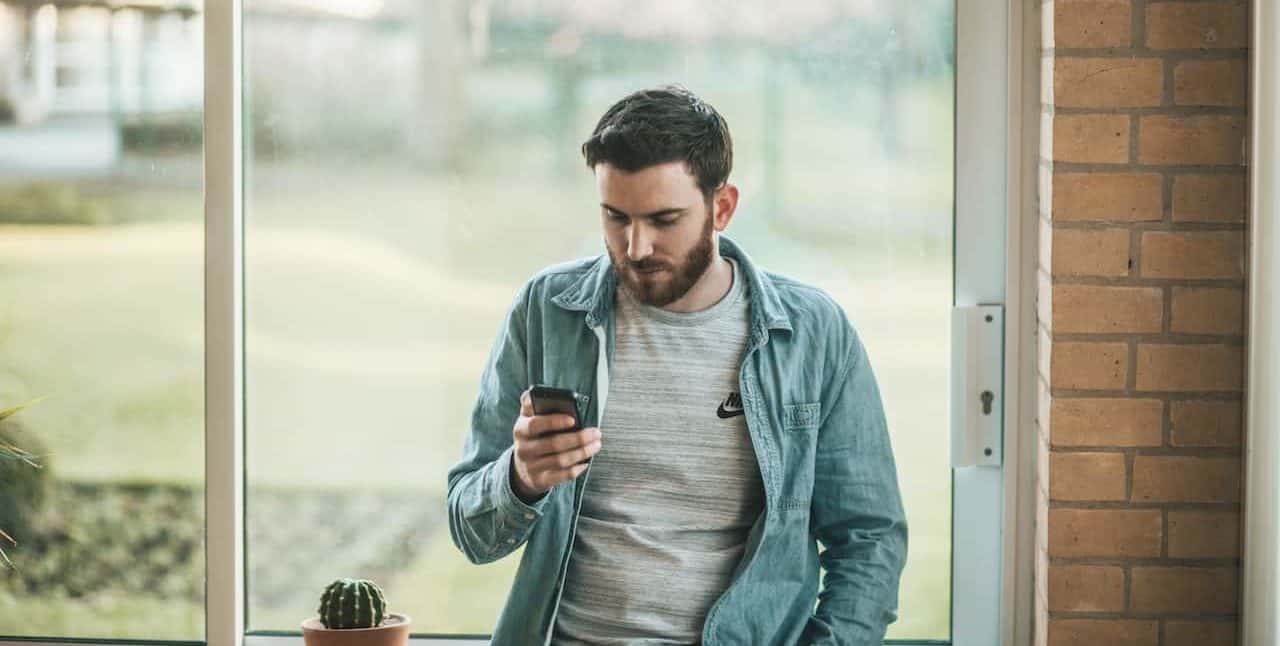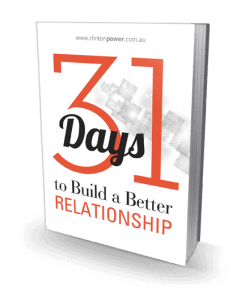6 Tips to Avoid Gay Relationship Breakdown
Time and time again in my clinical practice, I’m coming across clients who report gay relationship breakdown because of problems in their communication on social media.
The internet has moved from static websites that people visit towards an interactive social web where people form online communities and share information and resources. These include Facebook, Twitter and other social media websites.
It seems that gay relationships sometimes begin and end via the 160 characters of a text message or tweet. Jealousy, anger, hurt and resentment are easily evoked in relationships facilitated by social media and the internet.
I have compiled a list of tips so that you can better navigate your relationships in the age of web 2.0 and avoid relationship breakdown. One thing I know for sure, the internet is not going away and if anything, it will be increasing in size and influence.
1. Avoid sending emotionally loaded messages
One of the challenges of reading messages without knowing the emotional tone is that your brain automatically reads the message through its own emotional filters. As a result, you sometimes ‘project’ emotion onto a message that may or may not be accurate.
If you are aware that you are having an issue with your friend, partner or family member, avoid putting this issue in writing and then posting it online. I encourage clients that if there is a vexed issue that they are struggling with, aim to meet the person in vivo.
Some studies suggest that up to 93% of communication is non-verbal. So if you are sending an emotional message with a limit of 140-160 characters, this increases the chances of misunderstandings.
2. Communicate as if the whole world will read your message
When you write a post, tweet or status update, imagine that whatever you write will be written on your forehead for the whole world to see. While this might seem a little dramatic, it will help give you a sense of how potentially dangerous what you write online can be to your reputation and relationships.
In the world of web 2.0, there is little privacy and it seems to be reducing more and more. When you take responsibility for what you put online, you can sleep at night knowing that nothing can come back to bite you or your reputation in the future.
3. Don’t air your dirty laundry in public
We have all seen those Facebook posts of someone who has written a gripe about their girlfriend/boyfriend, boss or work colleague, forgetting they are ‘friends’ with this person and they too can read the gripe. While it makes for a humorous story, the reality is this is all too common and very painful for all parties involved.
If you have an issue with someone, address it directly with that person, preferably in person, but at least on the phone. Sitting down in front of a person and bringing up the issue or conflict will automatically increase the chances of you working through the disagreement. For one, you have much more non-verbal information on what is happening for the other. Also, the brain produces oxytocin when you are in close contact with another person. The hormone acts as a neurotransmitter, reducing the stress hormone cortisol, which facilitates bonding.
I encourage partners in conflict to sit opposite each other, almost with their knees touching, to aid in the production of oxytocin as they work through an issue.
Voicing your displeasure or issue on the web will generally inflame the issue. Often this results in both parties cutting off of all communication and relationship breakdown. This makes the possibility of resolution extremely difficult.
4. Align your message with your profile
If you are dating or looking for a partner online, it is important to make sure that the message you are sending from your profile is aligned with what you are looking for.
If you are looking for friendship and a possible relationship, then make that really clear. Saying this in your profile and then posting half-naked photos of yourself sends a confusing message and is not congruent with what you are saying. This may lead to confusion and mixed messages and make connecting with the type of people you want much harder.
The clearer you are about the gay relationship you are wanting, the more likely you will attract the kind of attention you desire.
5. Begin and end relationships in the real world
So many gay relationships begin and end on social networking or dating sites and involve assumptions, miscommunication and numerous misunderstandings. It can be beneficial to have a rule that you only begin and end relationships in person.
One of the downsides of connecting predominantly online and not in the real world is that you can lose the skill of dealing with your anxieties when communicating about difficult issues. When you begin and end relationships in the real world, you are developing the skill of differentiation. This means the ability to ‘hold on to yourself’ in the face of another person’s expression of emotion. This is a valuable skill that all people need to develop to be able to have long-lasting relationships.
6. Set ground rules with your partner
A recent study of college students showed that jealousy is rampant in the world of Facebook and romantic relationships. Accessibility of information makes it possible for people to monitor each other and the lack of context means that misunderstandings leading to jealousy are frequent.
I encourage couples to discuss the ground rules for sites such as Facebook or Gaydar. You may want to discuss the length of time spent on the site, whether access to your partner’s profile is allowed and how you want to navigate the ‘friending’ of ex-partners.
Social media is an incredible tool for strengthening and building relationships. Unfortunately, it can also play a role in the breakdown of gay relationships. Remember, if in doubt, err on the side of caution. Don’t tweet or post if you think there may be repercussions and aim to speak face-to-face to facilitate healthy communication.
Are you a gay, bisexual, or lesbian person who is struggling with your life or relationships?
If so, contact Sydney Gay Counselling on (02) 8968 9323 or book an appointment online today to find out how we can help.

